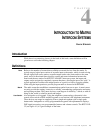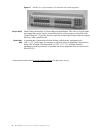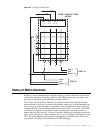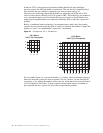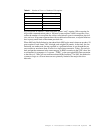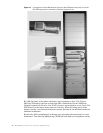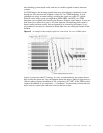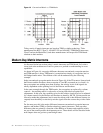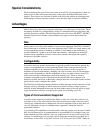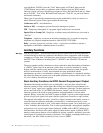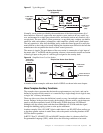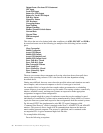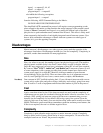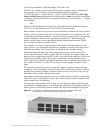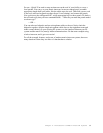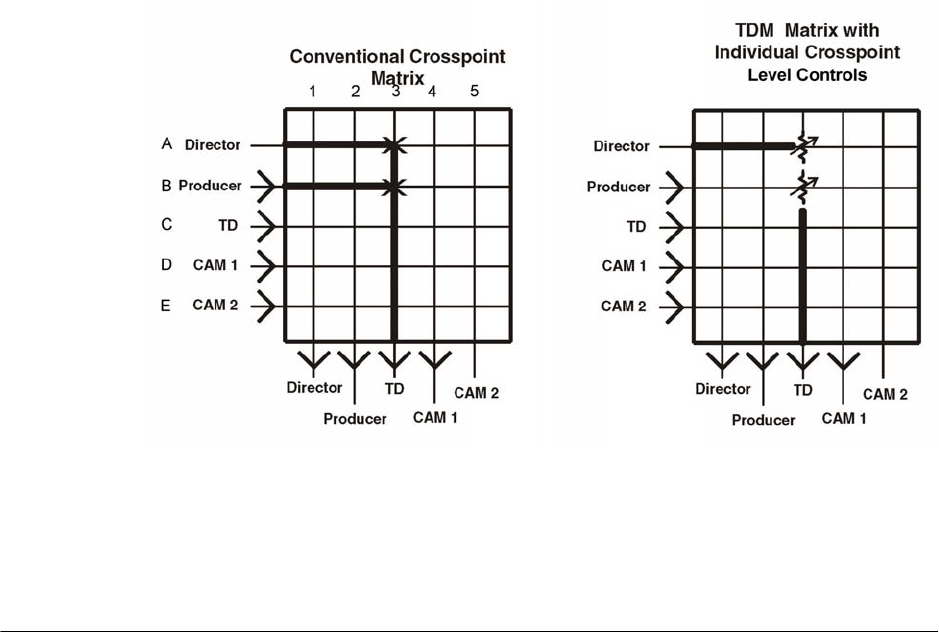
52 Handbook of Intercom Systems Engineering
Figure 4.6
Conventional Matrix vs. TDM Matrix
Today, nearly all matrix intercoms are based on TDM or similar technology. Telex
manufactures the RTS™ Zeus™, ADAM™-CS and ADAM™ TDM Matrix intercoms,
Clear-Com has the MatrixPlus3, and other manufacturers in Europe offer TDM-based
solutions to their markets.
Modern Day Matrix Intercoms
As discussed in the last section, today’s matrix intercoms are TDM based. Let’s take a
closer look at the architecture of such a system, as a prelude to understanding its exact
capabilities
As shown in Figure 4.6, one major difference between conventional crosspoint matrices
and TDM matrices is that a TDM matrix is comprised not simply of crosspoints, but is a
full-fledged audio mixer. The offshoot of this can be understood by the following
example:
In the conventional crosspoint matrix shown in Figure 4.6, if the TD wants to listen to both
the Director and the Producer, then crosspoints A3 and B3 are turned on (or closed). As
these crosspoints are nothing more than switches, the relative levels of the signals are
wholly dependent on the speaking level of the Director and Producer.
In the same example through the TDM matrix, the crosspoints are replaced by volume
controls – the resulting matrix is referred to as having individual crosspoint level
adjustments. In this case, the capability exists for the relative signals levels to be adjusted
by volume controls for the Director and Producer as heard by the TD. Various means can
be used to make that adjustment, but for now the salient point is that different listeners (or
outputs) have the ability to selectively mix the signals from the sources they wish to listen
to.
For the most part, this is the major difference between conventional crosspoint intercom
matrices and modern TDM (or similar technology) matrix intercoms. There are other
differences that are primarily a function of the addition of features and capability which
are part of the normal product development process. These details will be discussed in the
next chapter when we get into system design issues.




